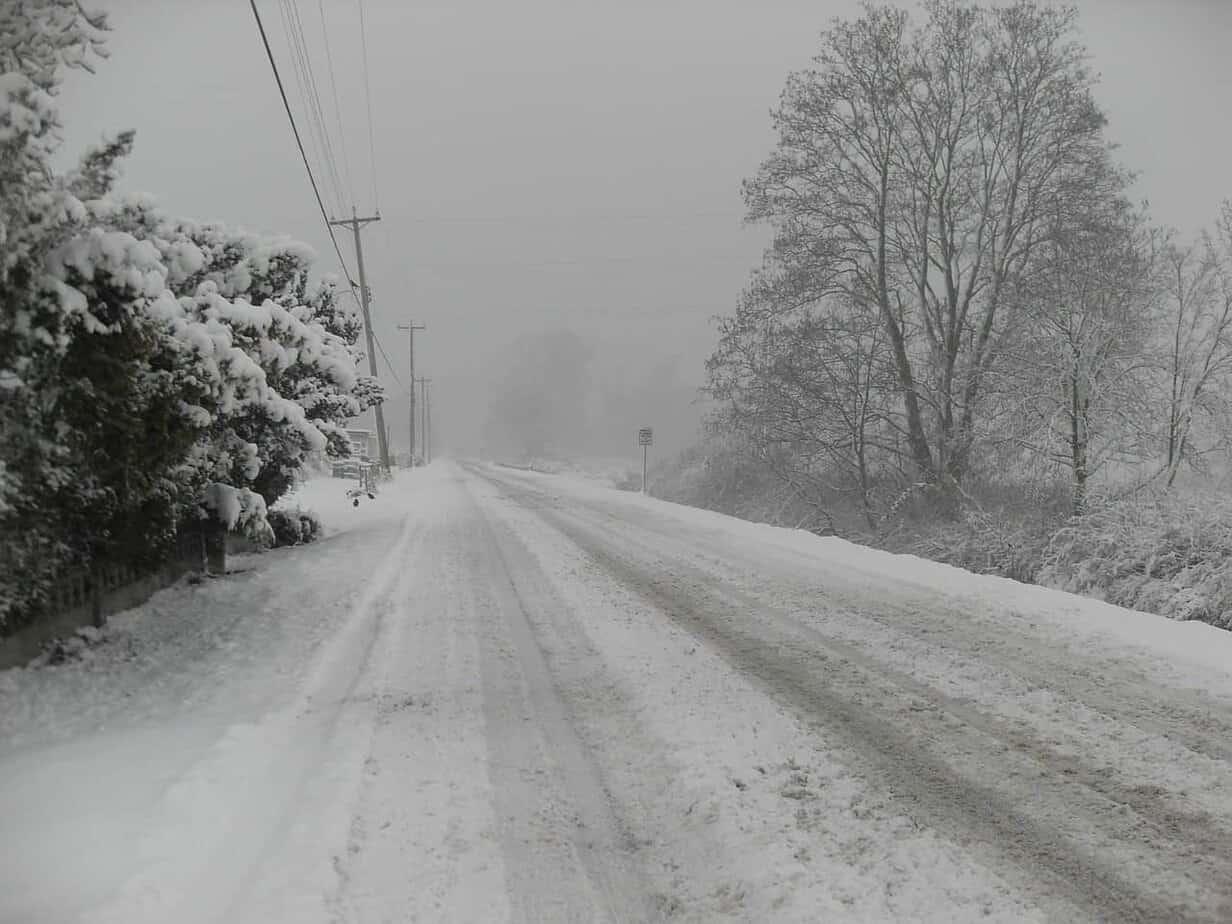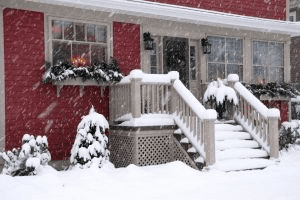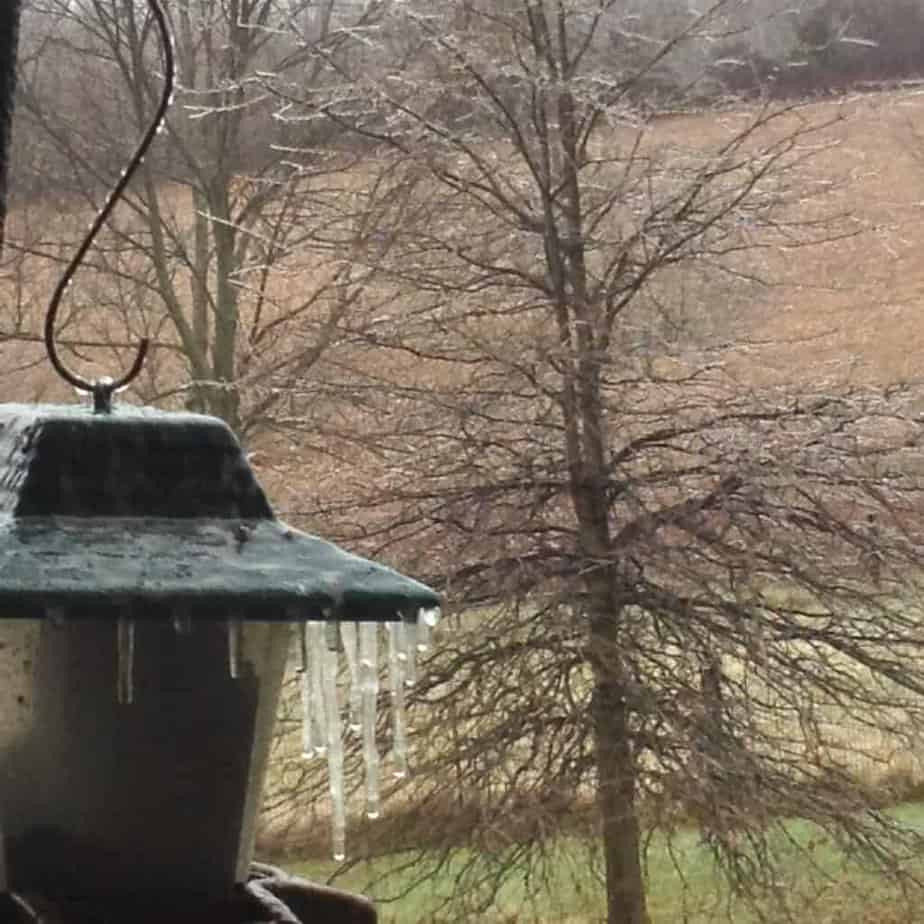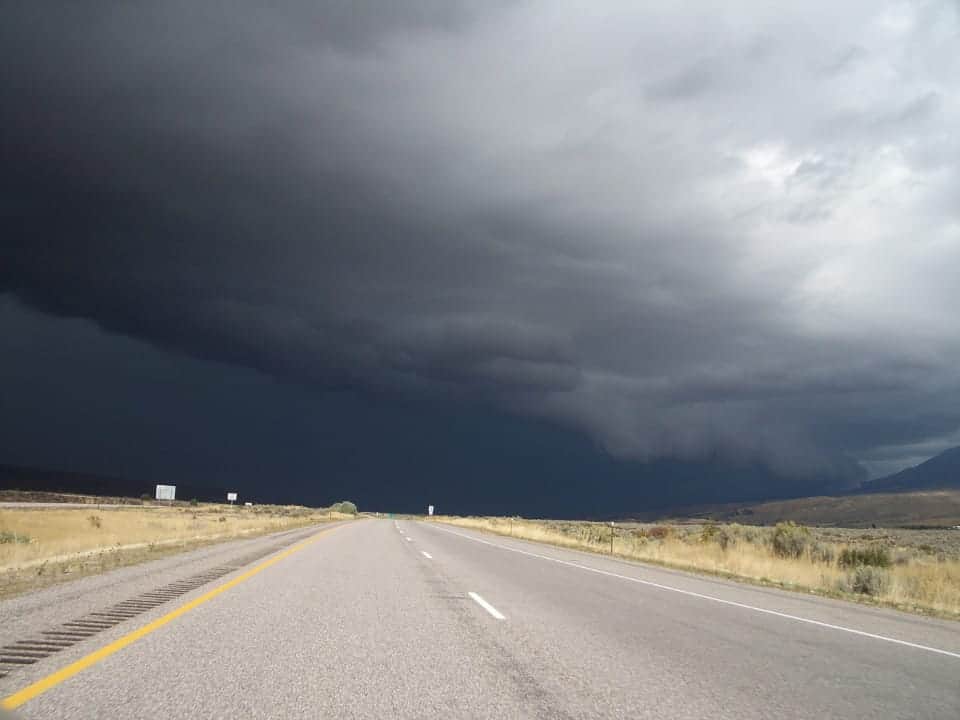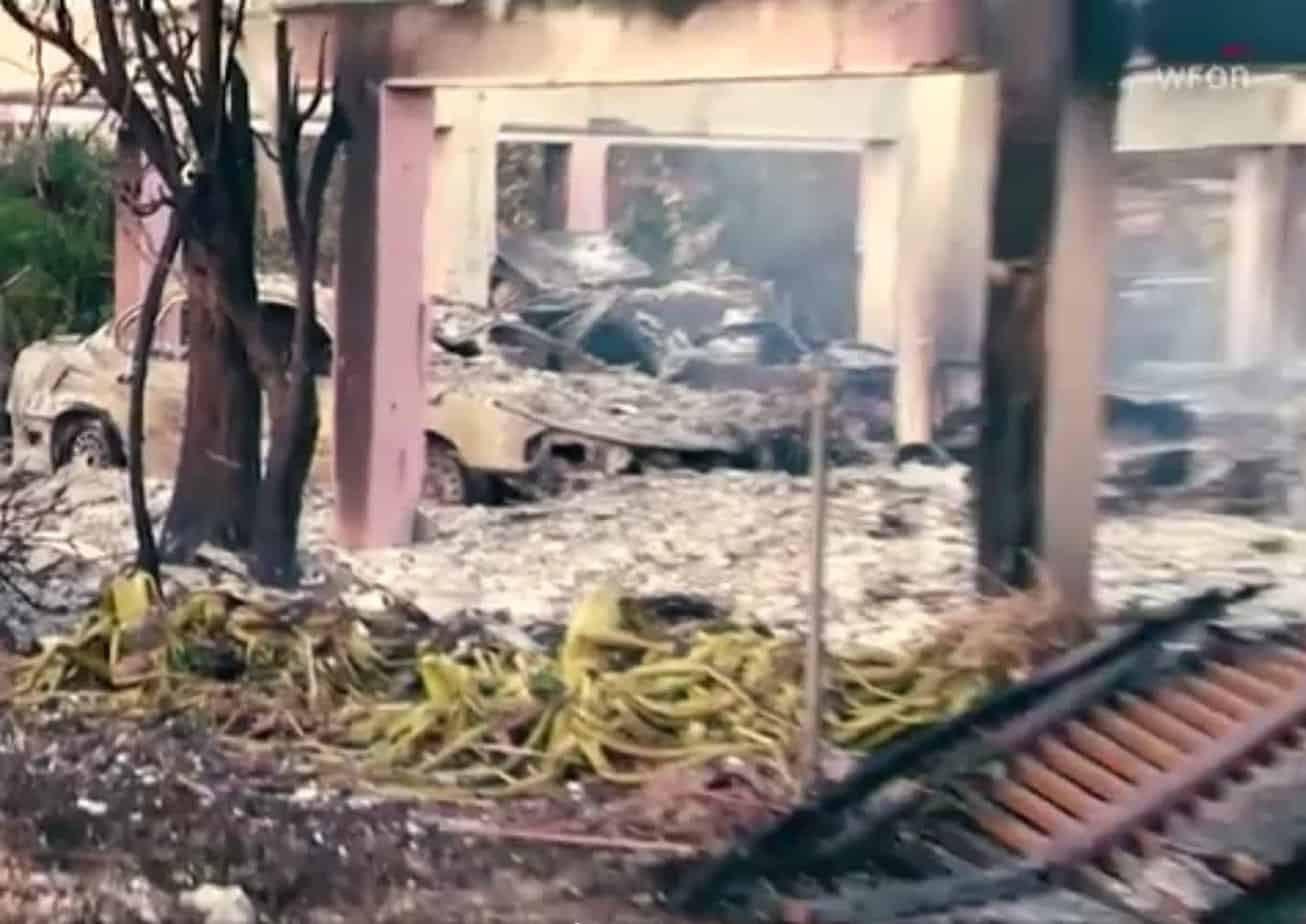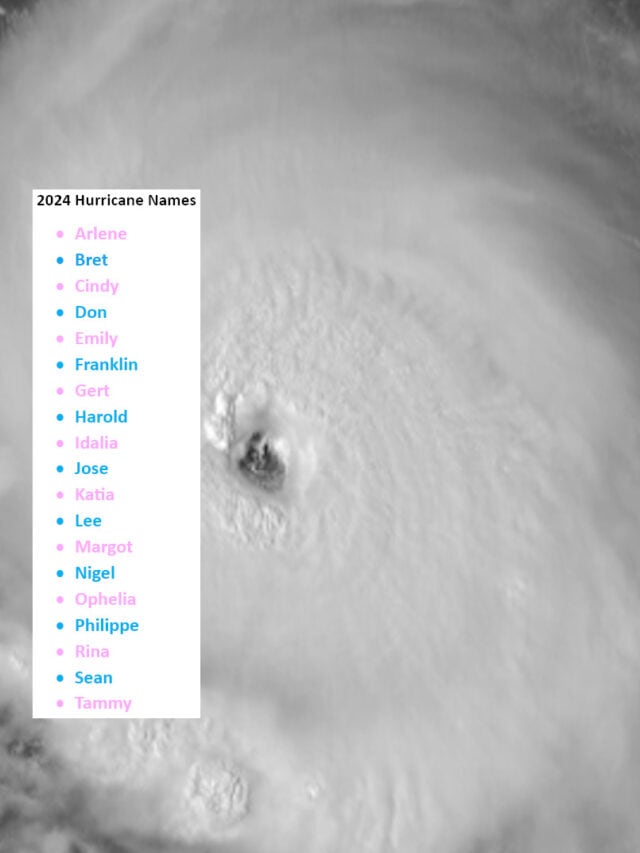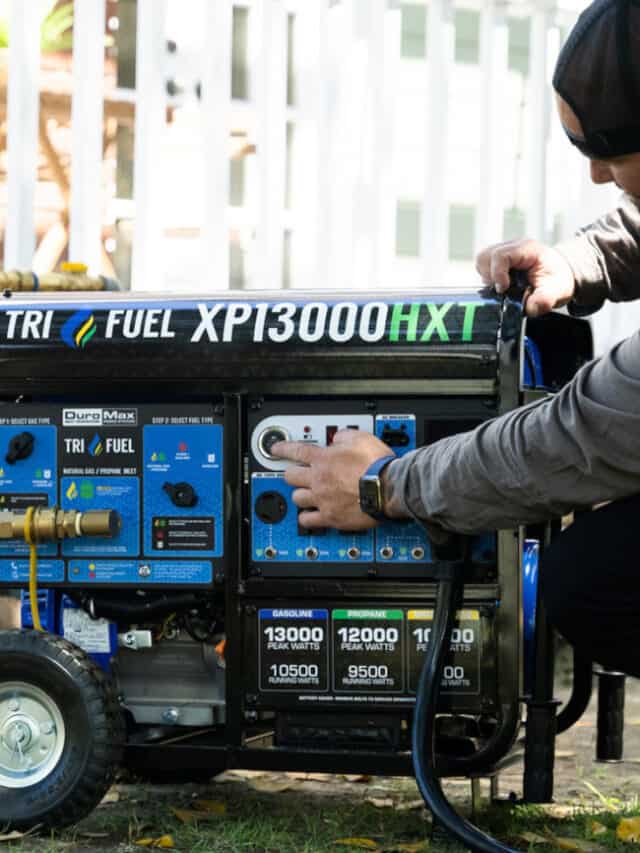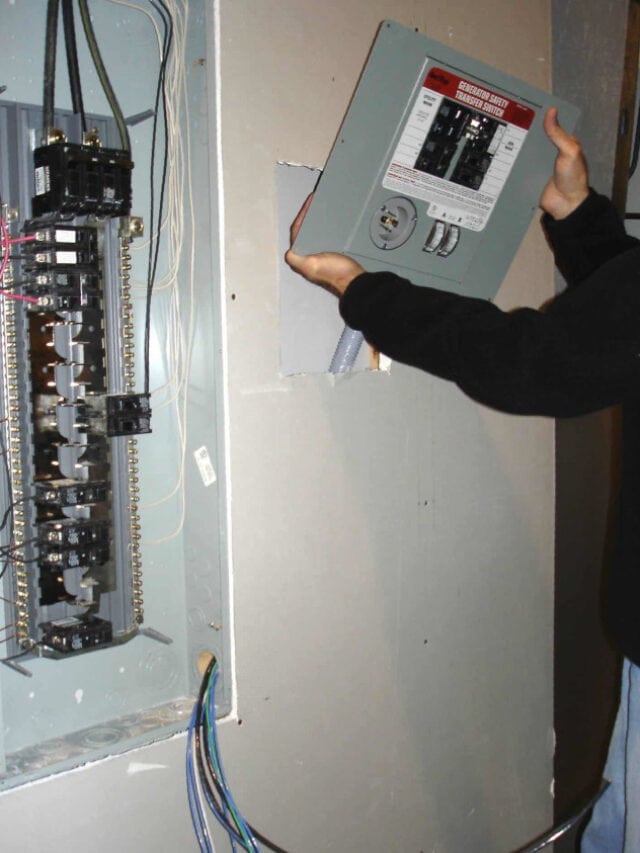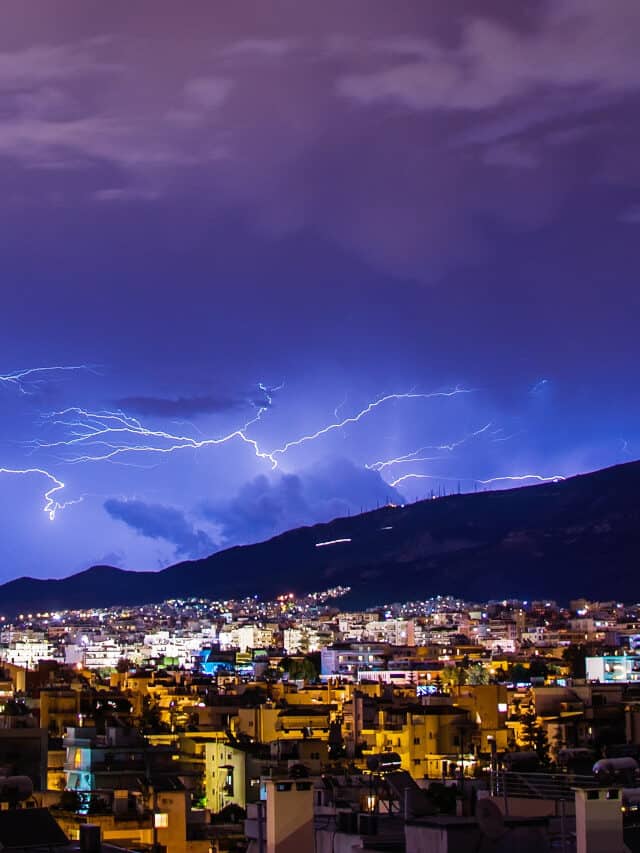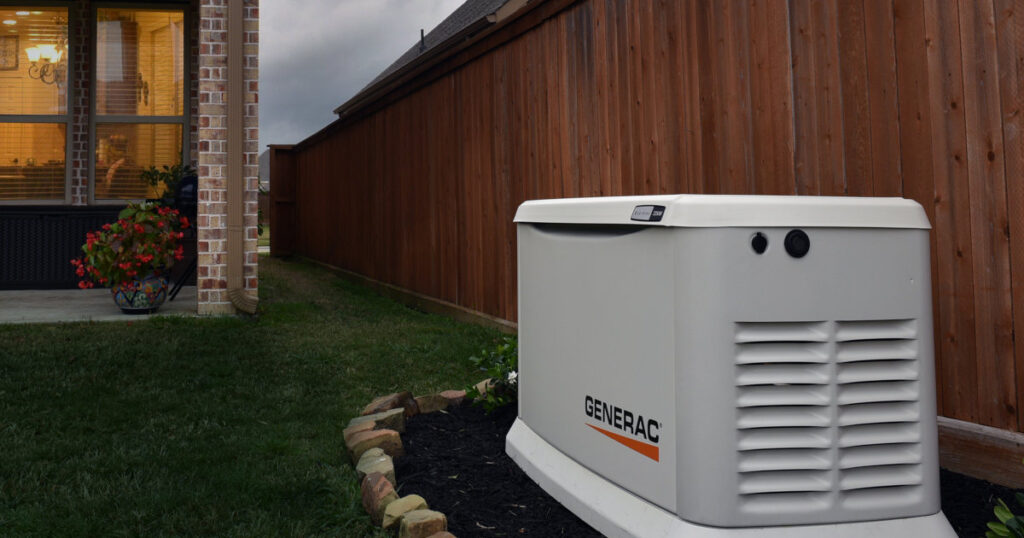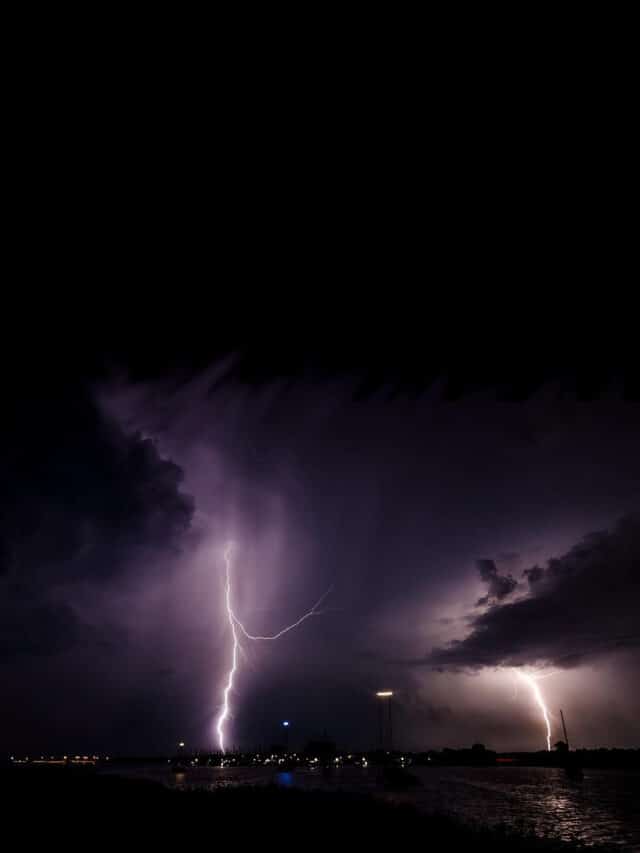Winter Preparedness Makes Holiday Travel Safer
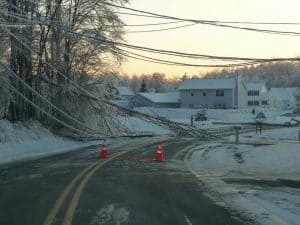
Winter Weather can Make Holiday Travel Hazardous and Leave Your Home Vulnerable.
Winter weather makes travel more hazardous as the holiday season approaches. It won’t matter if it’s a trip to the mall, going out to dinner, or leaving to spend time with family and friends, advance preparation will help keep you and your family safe, protect your home, and your property.
How to Prepare for a Winter Storm Power Outage
Keep an eye on the weather and remember that even a three-day forecast has a percentage of uncertainty factored in. It is rare to see a weather forecast beyond a day or two that promises a 100 percent certainty of anything. For most of the contiguous United States, there’s a good chance that somewhere, the weather will have an impact on holiday travel. Don’t leave home unaware or unprepared.
Before you leave, check the weather and be aware of the potential for storms that might cause hazardous driving conditions. Consider whether you must adjust your travel plans to account for changing weather conditions. Plan your departure to arrive ahead of a storm or after road crews have a chance to clean up. It is not at all unusual for a storm’s forecast to change one or two days before it hits.
Secure Your Home
Protect Your Home from Winter Power Outages[/caption]
Set your water heater for vacation mode if you’ll be gone more than a few days. It saves energy and there’s no need to keep the water hot if you’re not using it.
Turn off the faucets that supply your washing machines. The rubber hoses can burst unexpectedly and very quickly flood your home. They are especially vulnerable during a power outage.
Turn down the thermostat. It only takes a short time to bring the temperature back to normal after you return. A setting of 55 to 60 degrees is good and will save a fair amount of energy while you’re gone.
An Automatic Standby Generator Works During Winter Storm Outages
Put a few lights on timers and set them to go on and off at different times. In a bedroom, for example, the light can go on and off several times during the evening, while the living room light can stay on from dusk to bedtime.
Stop the mail if you’re leaving for a week or more. Service will resume when you pick up your mail at the post office. Also stop newspapers and have a neighbor watch for unexpected deliveries. Telling your neighbor lets them know you’re not home and they can alert police of suspicious activity.
While turning the thermostat down saves money, an extended winter storm power outage can result in burst pipes when they freeze. The resulting flood is disastrous. A standby generator operates automatically to keep the lights on, the furnace running, and your refrigerator cold. Schedule maintenance before you leave to ensure reliable operation and always keeps a spare maintenance kit or two at home.
Prepare Your Vehicle
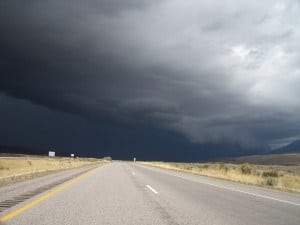
Always Consult the Current Weather Forecast Before You Leave. Adjust Your Plans if Severe Winter Weather Could Impact You Trip.
The busy holiday season often finds families loading the car or van at the last minute and stopping at the gas station on the way out of town. Last minute gift or grocery shopping sends us off to the mall or market. In all the hurry, car maintenance and weather concerns are often left to chance.
Before the season turns hectic, take the time to perform a few basic maintenance tasks that will do wonders for keeping your care safe when you need it most.
Check Tires, Oil, and Coolant Levels.
While you check air pressure in the tires, look at the treads. A good way to measure depth is to insert a penny headfirst into the tread. If the top of Lincoln’s head disappears into the groove, the tread is fine. If it doesn’t, you may need new tires. Most tire centers perform tire checks and adjust air pressure for free.
How to Use a Portable Generator for Emergency Power
Be sure to recheck tires after the first cold snap—tires can lose pressure during cold weather.
Your car might get along okay if the coolant is low, especially in the winter. However, the heater relies on the transfer of heat from the engine coolant. Low coolant may mean poor heat while you travel. Check the coolant level when the engine is cold and add engine coolant mixed with distilled water according to the coldest temperature conditions at home and at your destination. Look on the bottle for mixing directions.
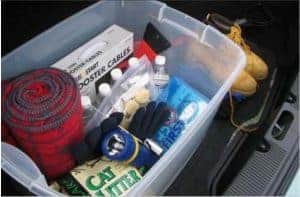
Be Prepared with a Winter Emergency Kit for Your Car
Each person in the car should have two bottles of water and a warm blanket in case of emergency. Keep a three-wick candle and matches (not a butane lighter) in the car. The candle will raise the inside temperature as much as twenty degrees if you are stranded. A few protein bars and candy bars will provide energy and help keep you warm in an emergency.If you are stranded, run the engine only as necessary. Keep the exhaust pipe clear of snow and when the engine runs, crack ALL the windows about half an inch for fresh air.
Make sure each person has their coat, warm hat, and warm gloves or mittens. Even on short trips, finding yourself stranded after an accident or breakdown without warm clothing can turn uncomfortable or even deadly in a very short time.
Portable Generator Safety Rules You Can’t Ignore
Remember. Winter roads can slow travel and make driving hazardous. Give yourself plenty of time so you don’t have to rush and drive carefully this holiday season.
Updated December 18, 2022

